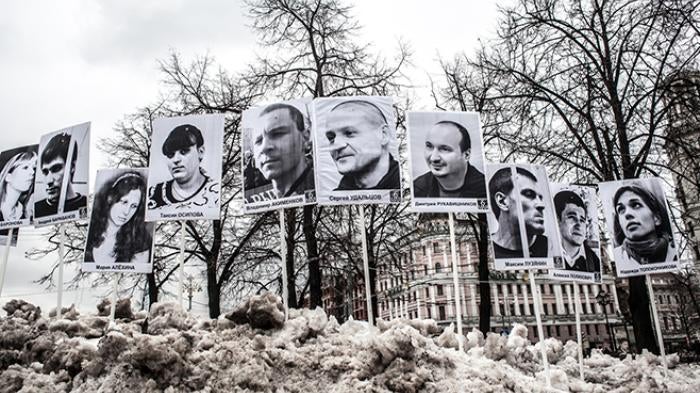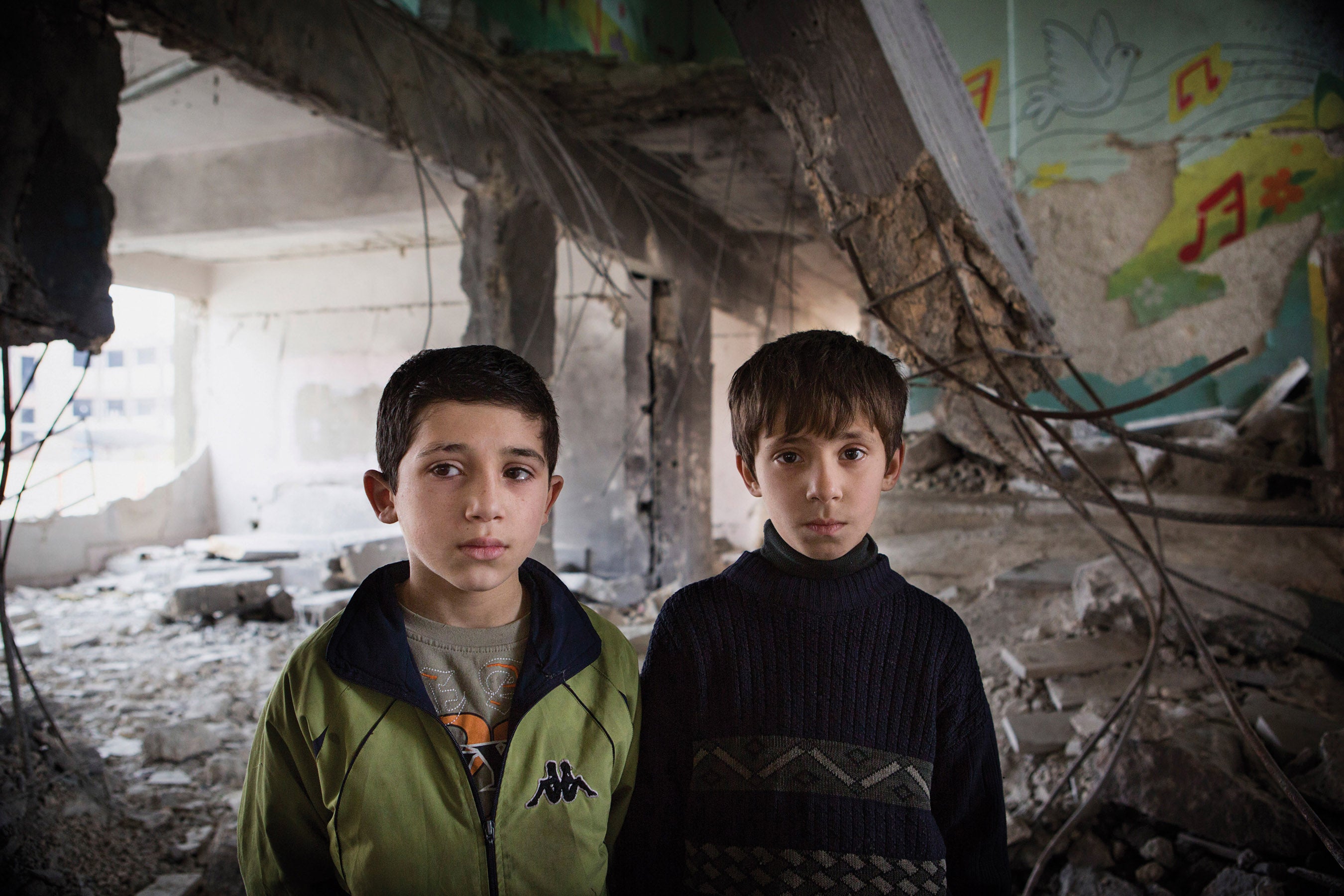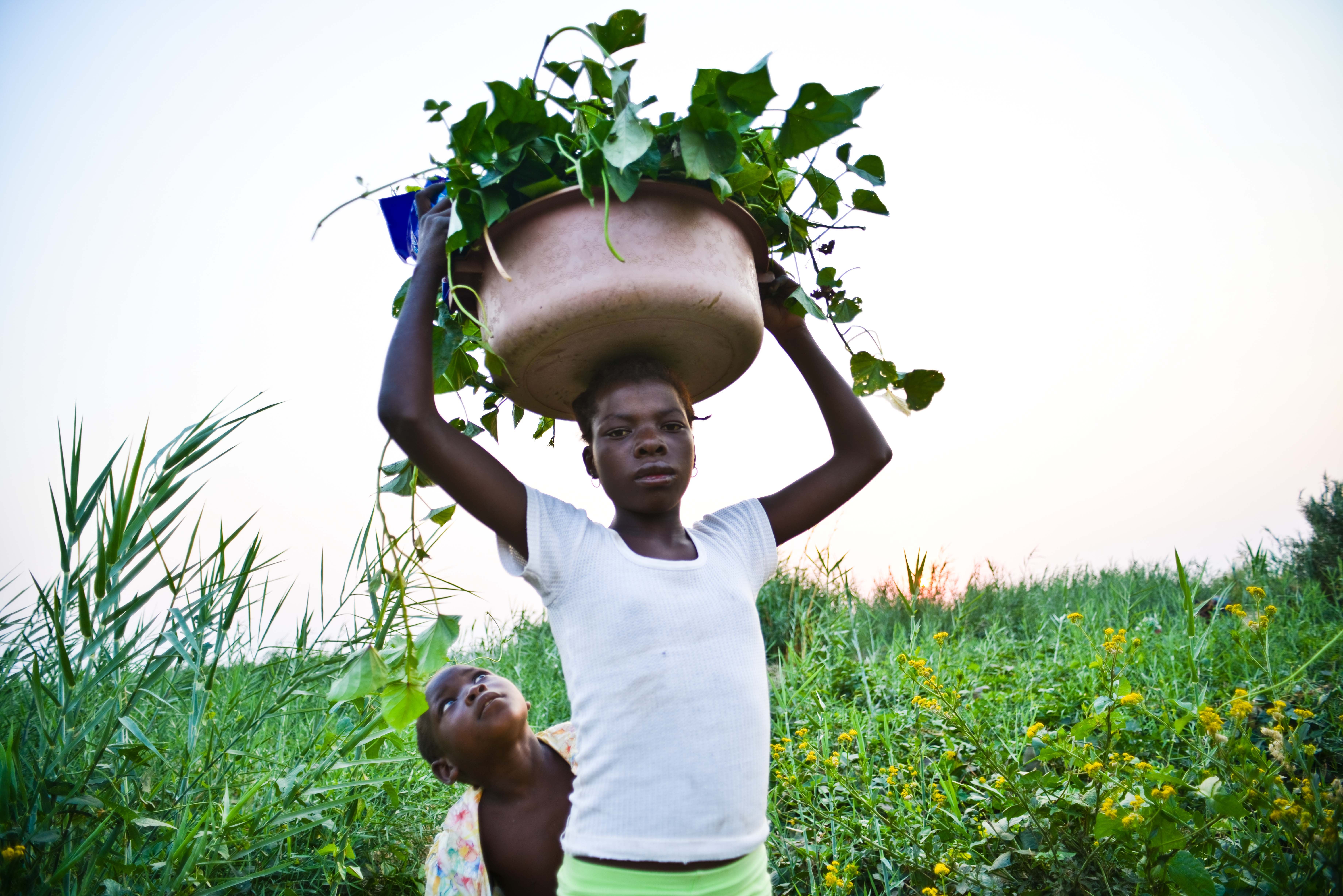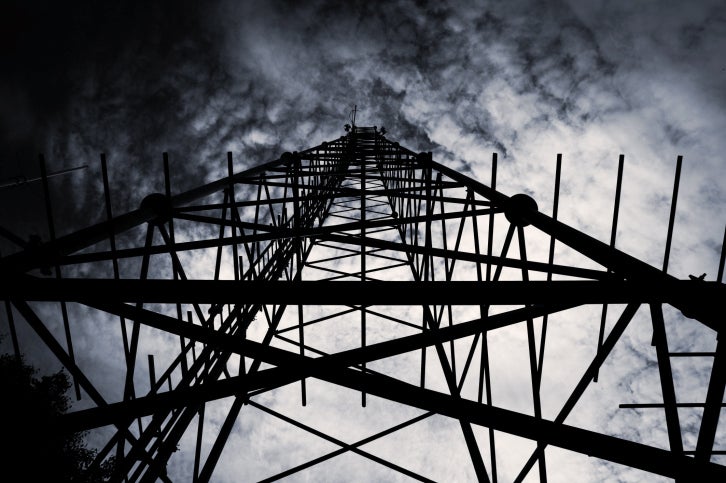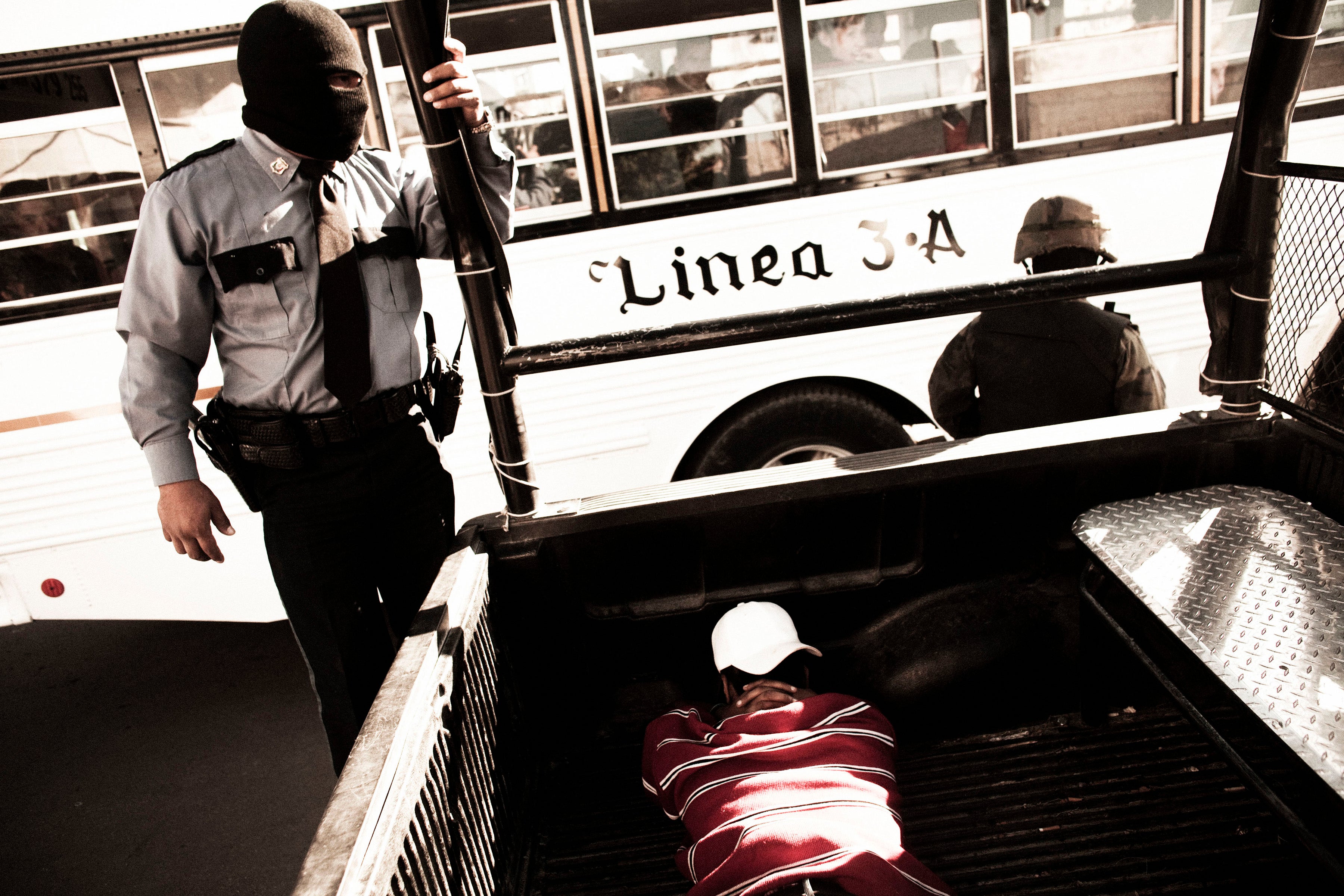Russian authorities continued the crackdown on civil society and government critics that began in 2012. Enforcement of the “foreign agents” law led to an unprecedented, nationwide inspection campaign of hundreds of nongovernmental organizations (NGOs). Dozens of groups are fighting the prosecutors in courts, refusing to register as “foreign agents.” Parliament adopted laws restricting LGBT rights and freedom of expression and infringing on the right to privacy. Abuses in the North Caucasus continue.
Civil Society
A 2012 law requires NGOs receiving foreign funding and conducting broadly defined “political activity” to register as “foreign agents,” effectively demonizing them as foreign spies. Authorities define as “political” such work as urging reforms, raising awareness, and assisting victims of abuse.
From March to May 2013, authorities subjected hundreds of NGOs to invasive inspections to intimidate groups and pressure them to register as “foreign agents.”
At time of writing, the authorities filed administrative lawsuits against at least nine inspected organizations and five administrative cases against leaders of these groups for refusing to register. Two groups were forced to close as a result; at least three chose to wind up operations to avoid further repressive legal actions. The Prosecutor’s Office ordered dozens of other groups to register or warned they might need to do so. Many organizations also faced sanctions for alleged violations of fire safety, tax and labor regulations, and sanitary norms.
Sexual Orientation and Gender Identity
In June 2013, parliament unanimously adopted a law banning promotion among children of “propaganda of nontraditional sexual relationships,” meaning lesbian, gay, bisexual, or transgender (LGBT) relationships. Violators risk stiff fines, and in the case of foreigners, up to 15 days’ detention and deportation. Beginning in 2006, similar laws outlawing “propaganda of homosexuality” among children were passed in 11 Russian regions.
Also in June, parliament passed a law banning adoption of Russian children by foreign same-sex couples and by unmarried individuals from countries where marriage for same-sex couples is legal. In September, several deputies introduced a bill that would make a parent’s homosexuality legal grounds for denial of parental rights. It was withdrawn later for revision.
Homophobic rhetoric, including by officials, and rising homophobic violence accompanied debate about these laws. Three homophobic murders were reported in various regions of Russia in May 2013.
Vigilante groups, consisting of radical nationalists, and Neo-Nazis, lure men or boys to meetings, accuse them of being gay, humiliate and beat them, and post videos of the proceedings on social media. For example, in September 2013 a video showed the rape of an Uzbek migrant in Russia who was threatened with a gun and forced to say he was gay. A few investigations were launched, but have not yet resulted in effective prosecution.
Freedom of Expression
In June 2013, President Vladimir Putin signed a law imposing a maximum three-year prison sentence for publicly “insult[ing] the feelings of religious believers.” The law provides no clear definition of acts or speech considered “insulting.” The law is yet to be enforced.
At time of writing, parliament was debating a bill to ban criticism challenging the fairness of Nuremberg Trial judgments or actions of anti-Hitler coalitions, with a maximum three-year prison sentence. Doing so in the media or while holding a public office carries a harsher criminal penalty of up to five years in prison.
Arrests and Harassment of Human Rights Defenders, Government Opponents, and Other Critics
The authorities continue to prosecute people who participated in a large demonstration at Moscow’s Bolotnaya Square on the eve of Putin’s May 2012 inauguration, based on disproportionate “mass rioting” charges and alleged acts of violence against police. At time of writing, two people were sentenced to two-and-a-half and four-and-a-half years respectively in prison, and one was sentenced to indefinite compulsory psychiatric treatment. A further 24 were charged, of whom 14 were held in pretrial detention, some ten of them for more than a year. Twelve of the twenty-four were on trial.
In July, a court sentenced anti-corruption blogger and opposition leader Alexei Navalny to five years in prison on politically tainted embezzlement charges and released him pending appeal. On October 16, an appeals court suspended the sentence.
Two members of the punk group Pussy Riot, convicted on August 17, 2012, for a 40-second stunt in Moscow’s largest cathedral, were repeatedly denied parole and continued to serve their two-year prison sentences. In September one of them, Nadezhda Tolokonnikova, went on a hunger strike protesting alleged inhuman work conditions, sleep deprivation, and threats by prison staff. She renewed her hunger strike in October to emphasize the threats against her. Russian authorities held Tolokonnikova incommunicado for over 26 days during her transfer to a prison facility in Kransoyarsk.
In July, a court in Nizhny Novgorod rejected a petition by the Prosecutor’s Office to ban the book International Tribunal for Chechnya as “extremist.” The book calls for the creation of an international tribunal to investigate alleged war crimes and crimes against humanity committed during two wars in Chechnya. In October, an appeals court upheld this decision.
In September, Russian authorites arrested 30 activists with the environmental organization Greenpeace for staging a protest in the Pechora Sea. Investigative authorities charged them with piracy, then reclassified the charge to hooliganism. At time of writing, 29 of the 30 had been granted bail and released.
In November, Mikhail Savva, an NGO leader on trial in Krasnador for allegedly mismanaging a government grant, stated in court that authorities were planning to press treason charges against him in an effort to intimidate him. Savva said the authorities referenced the fact that he had received foreign grants for years and met with US embassy officials, among other things.
North Caucasus
The Islamist insurgency in the North Caucasus republics continued in 2013, particularly in Dagestan. According to Caucasian Knot, an independent online media portal, in thefirst nine months of 2013, 375 people were killed in the North Caucasus region, including 68 civilians, and 343 people were wounded, including 112 civilians. Approximately 64 percent of the killings and 71 percent of the injuries reported by Caucasian Knot occurred in Dagestan.
According to the Memorial Human Rights Center, one of Russia’s most prominent independent rights groups, from January to June 2013, eightpeople suffered abduction-style detentions by government agencies in Dagestan, with five still unaccounted for at time of writing. Ramazan Abdulatipov, Dagestan’s new leader, abandoned the “soft power” counterinsurgency policies of his predecessor, including a commission for return of insurgents to peaceful life and promoting dialogue with Salafi Muslims. In 2013, persecution by law enforcement officials of Salafis increased. Unprosecuted abuses, including torture, abductions, and attacks against suspected insurgents and their families served to alienate Salafi communities. To combat “extremists,” the authorities condoned the rise of people’s militias, which have driven some Salafis to flee their homes.
In July, unidentified assailants shot dead Akhmednabi Akhmednabiev, an independent journalist and critic of abuses by law enforcement and security agencies. The official investigation, ongoing at time of writing, acknowledged that he was killed because of his journalism. Prior to the murder, Akhmednabiev reported to the authorities death threats he received, but they did not take adequate steps to investigate. Akhmednabiev is the second journalist covering counterinsurgency issues murdered in less than two years in Dagestan. The 2011 killing of Khadzhimurad Kamalov remains unresolved.
Five people suffered abduction-style detentions in Ingushetia between January and March 2013, and two of them “disappeared,” according to Memorial. In August, the head of Ingushetia’s Security Council, Akhmet Kotiev, was killed in an alleged insurgent attack.
According to Memorial, one person “disappeared” after abduction by security forces in Chechnya in the first six months of 2013.Law enforcement and security agencies under the de facto control of Chechnya’s leader, Ramzan Kadyrov, continued collective punishment against relatives and suspected supporters of alleged insurgents. Victims increasingly refuse to speak about violations due to fear of official retribution. Abuses remain unpunished and largely under-reported.
In August, Russia’s Prosecutor General’s Office berated the Chechen Ministry of Internal Affairs for lack of cooperation in investigating cases of disappearances dating to 1990-2000.
Women are forced to wear headscarves in public buildings, and according to local women’s rights activists, “honor” killings are on the rise in Chechnya.
Cooperation with the European Court of Human Rights
At time of writing, the European Court of Human Rights (ECtHR) had issued over 200 judgments holding Russia responsible for grave human rights violations in Chechnya. At least threepertain to violations that law enforcement officials perpetrated under Kadyrov’s de facto control.
While Russia continues to pay the required monetary compensation to victims, it fails to meaningfully implement the core of the judgments by not conducting effective investigations, and failing to hold perpetrators accountable In October, when the ECtHR ruled on the case of Abdulkhanov and Others v. Russia, for the first time in a case concerning the armed conflict in Chechnya, the Russian government acknowledged that there had been a violation of the right to life.
In July 2013, the ECtHR ruled that Russia violated the European Convention on Human Rights during the trial and sentencing, on tax evasion and fraud charges, of former Yukos oil company owner Mikhail Khodorkovsky in 2005 and awarded US$13,500 damages to the jailed businessman.
Abuses Linked to Preparations for the 2014 Olympic Games
Authorities continued to intimidate and harass organizations, individuals, and journalists who criticized the local government in the Black Sea city of Sochi, including for its preparations for the 2014 Winter Olympic Games.
Some migrant workers involved in building Olympic venues and other infrastructure continued to report that employers failed to provide contracts or promised wages. Police detained on false charges at least one worker who tried to complain about exploitation. Local authorities failed to effectively investigate workers’ complaints and, in September, initiated large-scale raids to detain and deport irregular migrants ahead of the games in 2014.
The authorities are resettling more than 2,000 families to obtain land for Olympic venues and infrastructure. Not all of those evicted have received fair compensation. The authorities refuse to compensate or resettle other families whose properties have been severely damaged or altered by Olympic construction.
Palliative Care
Restrictive government policies and limited availability of pain treatment persists and severely hinders the delivery of palliative care. Each year, tens of thousands of dying cancer patients are denied their right to adequate pain relief. In May 2013, a doctor in Krasnoyarsk and another woman were found guilty and fined on charges of illegal trafficking of controlled substances, after they helped a man in the final stages of cancer and in debilitating pain obtain opioid pain medicines. In September, an appeals court sent the case for retrial. The court hearing the retrial excluded a lead defense lawyer from the case.
A May 2013 government decree somewhat eased patients’ access to narcotic pain medications. However, implementation is problematic.
Disability Rights
The government has taken several high-profile steps to demonstrate its commitment to ensuring an accessible environment for its approximately 13 million citizens with disabilities, including implementing its multibillion-ruble Accessible Environment Program and its decision to host the Sochi 2014 Winter Paralympics.
However, for many people living with disabilities in Russia, taking part in the basic activities of daily life can be extremely difficult or even impossible due to a range of barriers they encounter. These include the lack of ramps and elevators, leading to isolation in their homes; employers’ unwillingness to hire people with disabilities; and inadequate visual, auditory, and sensory accommodations in buses, trains, and train stations. Most people with disabilities interviewed by Human Rights Watch who submitted written complaints to local government about inaccessible facilities or services reported that the response was not timely or effective.
Hundreds of thousands of adults and children with disabilities considered to need constant care currently live in closed institutions, including many who would like to and could hold jobs and live independently, with certain social supports.
Migrant’s Rights
In July 2013, Moscow police launched a discriminatory campaign against irregular migrants, detaining people based on their non-Slavic appearance with the stated aim of identifying alleged violations of migration and employment regulations. Several thousand were allegedly taken into custody. Some were released and others were expelled. Several hundred were put in a makeshift tent camp and held in inhumane conditions. The campaign to detain and deport irregular migrants spread to other regions of Russia with high concentration of labor migrants, including Sochi.
Key International Actors
International actors raised a range of concerns about developments in Russia, condemning the anti-LGBT “propaganda” law, the “foreign agents” law and the burdensome inspections of NGOs that followed its adoption, and the flawed conduct of high-profile trials against political opponents.
In May 2013, the United Nations special rapporteurs for freedom of association, human rights defenders, and freedom of expression voiced serious concerns about the “obstructive, intimidating, and stigmatizing effects” of waves of inspections of Russian NGOs in connection with the “foreign agents” law.
During its Universal Periodic Review at the Human Rights Council, Russia rejected key recommendations related to freedom of association, LGBT rights, and abuses of migrant workers in Sochi. The Council of Europe's secretary general and its commissioner for human rights urged Russia to reevaluate the NGO law, as did Parliamentary Assembly of the Council of Europe rapporteurs.
European Union High Representative for Foreign Affairs and Security Policy Catherine Ashton spoke out against several “deeply troubling” trends in Russia, including the crackdown on civil society and political activists, impunity for past human rights violations, and discriminatory legislation against LGBT persons. At the conclusion of the June 2013 EU-Russia summit, European Council President Herman van Rompuy acknowledged that human rights remain an “important, although difficult, element of our relations.”
EU governments also publicly criticized the human rights situation in Russia. Germany and France condemned the “foreign agents” law, particularly after German and French organizations operating in Moscow were inspected. Officials of many foreign governments and intergovernmental organizations also voiced strong concerns about the anti-LGBT “propaganda” law.
Although the International Olympic Committee (IOC) publicly affirmed its commitment to nondiscrimination regarding LGBT people, it has refused to ask Russia to repeal the “propaganda” law. Former IOC President Jacques Rogge went no further than to ask Russia for “assurances” that there will be no discrimination in Sochi. Current IOC head Thomas Bach declined to condemn the law and stated that the IOC “cannot claim to rise above sovereign states.”
Relations between the US and Russia were particularly strained in 2013. In December 2012, the US Congress adopted legislation introducing a visa ban and asset freeze against Russian government officials involved in the death of whistleblower tax lawyer Sergei Magnitsky and the torture or killing of other whistleblowers. The initial list included 18 names, 16 of which were directly connected to the Magnitsky case. In response, the Duma adopted a law banning US adoptions of Russian orphans. In January 2013, the US withdrew from the civil society component of the US-Russian Bilateral Presidential Commission due to disagreements over the “foreign agents” law.
US President Barack Obama canceled a planned September summit with Putin, citing lack of progress on the bilateral agenda, including on human rights abuses. A meeting between US and Russian foreign and defense ministers went ahead, but did not address human rights. Obama later noted that he was personally “offended” by Russia’s “antigay and lesbian legislation.”
Foreign Policy
Russia’s foreign policy impeded accountability for humanitarian law violations and, for much of the year, humanitarian assistance for all in Syria. In its drive to ensure no “regime change,” no military intervention, and no singling out of the Syrian government for abuses, Russia, a close ally and supporter of the Syrian government, also failed to take actions to end war crimes and crimes against humanity, hold their perpetrators accountable, and ensure access to humanitarian assistance for people in all parts of Syria, including rebel-held areas.
Until the chemical weapons attacks of August 21, Russia and China continued to block meaningful action by the UN Security Council regarding Syria. Following the attack, Russia supported a council resolution requiring the Syrian government to eliminate its chemical weapons program. Russia also allowed the passage of a statement by the council’s president calling for immediate, safe, and unhindered humanitarian access throughout Syria. Russia continued to obstruct efforts by some council members to refer the situation in Syria to the International Criminal Court, which would then have the mandate to examine serious crimes committed by all parties to the conflict.
In 2013, Russia continued proposals to weaken the autonomy of UN treaty bodies. These included the “supervision” by member states, allowing states under review to negotiate questions the particular committee would ask.
Despite the explicit mandate of the UN Human Rights Council to respond to situations of human rights violations, Russia continued to play a negative role by questioning the council’s engagement in specific countries where engagement was needed, including Sri Lanka, Belarus, and Syria, branding the council’s response politicized.
